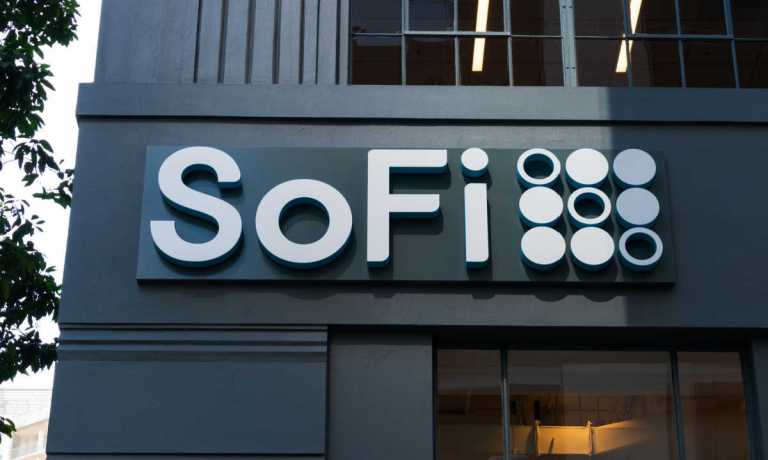SoFi Claims $400 Million in Losses From Student Loan Moratorium

SoFi says the ongoing federal student loan payment moratorium has cost it $400 million.
The personal finance company has sued the U.S. Department of Education to end the three-year-old pause on loan repayments, claiming in a recent lawsuit that the moratorium has no legal standing and has severely curtailed SoFi’s loan refinancing business.
“Because the Moratorium suspended payments and interest for federal student loans, and because privately refinanced loans are ineligible for programs and policies applicable to federal student loans, the Moratorium has eliminated the primary benefits of student loan refinancing,” SoFi said in the suit, filed in federal court in Washington, D.C. “In essence, SoFi is being forced to compete with loans with 0% interest rates and for which any ongoing repayment of the principal is entirely optional.”
The lawsuit asks the court to overturn the administration’s latest pause on student loans, or at least limit it to borrowers who would be covered by President Joe Biden’s proposed debt cancellation plan.
Student loan payments were put on hold at the start of the COVID-19 pandemic by President Donald Trump, with that suspension being renewed eight times since then.
SoFi claims that during that time, it lost $300 to $400 million in revenue, which translates to $150 million to $200 million in profit.
“Those numbers also significantly understate the Moratorium’s harmful effects, because they do not take into account the growth that SoFi’s federal student-debt refinancing business would otherwise have experienced,” the lawsuit argues.
The Department of Education defended the suspension in a statement to the Associated Press, saying SoFi’s suit was “an attempt by a multi-billion dollar company to make money while they force 45 million borrowers back into repayment.”
The suit comes as the Biden administration is awaiting a ruling on its decision to cancel student loan debt before the U.S. Supreme Court.
The administration in January proposed an income-driven repayment plan that would amend the terms of the Revised Pay As You Earn plan to offer $0 monthly payments for borrowers who make under $30,600 per year, or borrowers in a family of four making under $62,400.
As PYMNTS noted last year, student debt cancellation is considered a “political football,” but it is also likely to provide relief to paycheck-to-paycheck consumers, and thus, to the economy on the whole.
Figures from the Education Data Initiative show households in the middle-class income bracket owe on average $43,090 in student loans, while the lowest income borrowers owe an estimated 12% of all student debt, or roughly $204 billion.